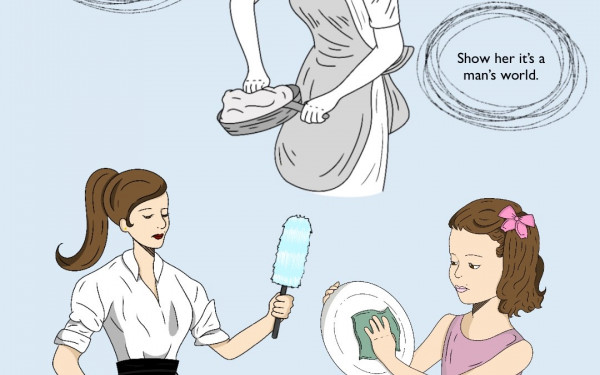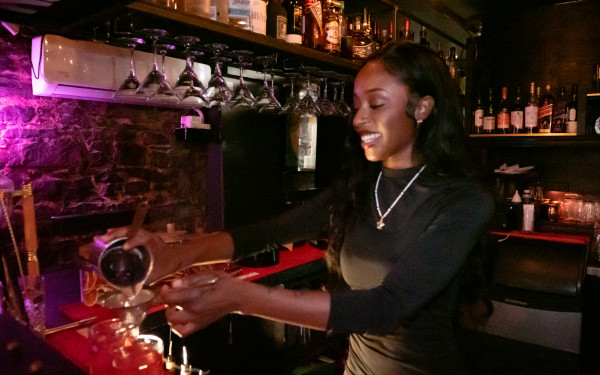Breaking Ground
First Anti-Sexual Assault Group Arrives at Concordia
Concordians for a Safer Community Now, a new operation run out of the 2110 Centre for Gender Advocacy, have big plans for November.
The first student-run sexual assault resource centre at Concordia, the coalition—calling themselves S.A.C. Now!—are currently spearheading policy creation, developing a 24-hour crisis hotline and implementing survivor support networks, as well as creating awareness on campus about sexualized violence and consent.
Campaign Coordinator Laura Ellyn hopes that the new initiatives, through meaningful services and community dialogue, will realize expanded services to survivors of sexual abuse at Concordia, while making this campus safer for everyone.
When it comes to the university’s current policies outlining sexual assault and harassment, Ellyn told The Link that there’s a lot of room for formal improvement.
“To be frank, the policies at Concordia and the procedures [surrounding sexual assault] are often very alienating, discouraging and inaccessible for survivors,” she said. The services currently available to students vary by department.
“Health services has a very clear confidentiality policy concerning cases of assault and don’t report cases to the police unless [the survivor] has made it explicit they want that action taken, while security has a completely different procedure,” Ellyn said. “[Security] won’t take any information, they don’t take a statement, they do no documentation; they just call the police—regardless of whether or not the survivor wants them to do so.”
Ellyn also took aim at Security’s “Sexual Assault Prevention Tips,” which currently make up the only material on the Concordia website regarding assault.
Peppered with victim-blaming language and seemingly putting the onus on individuals to avoid getting raped—instead of sending the message to perpetrators not to rape—Ellyn believes preventative information “shouldn’t solely [focus on] young women’s responsibility from being raped. It erases the fact that people can get sexually assaulted at any age and be of any gender.”
Current statistics suggest one in four women and one in six men are victims of sexual assault, but Ellyn told The Link these figures “are problematic.”
“Though stats are really good education tools and valuable to have, […] it’s important to remember that they are part of a much larger discussion. We don’t know what those figures are for non-gender-conforming people, for example, because they’re so marginalized that research just isn’t being done.
“Transgender women are also disproportionally targeted, as well as racialized women, especially indigenous women in Canada.” Knowing the real number, Ellyn added, is a “huge challenge—especially at Concordia.”
Unlike SACOMSS—a similar coalition at McGill University that was introduced in 1988 after a violent gang rape on campus—S.A.C. Now! is not basing
their movement around any one incident, but around the knowledge that “sexualized violence is a major, systematic problem in society as a whole, but it’s also
a problem at Concordia. It happens at Concordia, it just does.”
S.A.C. Now! is participating in the “Another Word for Gender” orientation series put on by the 2110 this month, and organizing a safety audit walking tour of the downtown campus.
On Sept. 23, a panel will also bring Students Active for Ending Rape on Campus—or SAFER, a nation-wide organization that does large-scale policy reform at campuses across the U.S.—to Concordia for their first Canadian event to host a workshop on how to mobilize as a student community against sexual violence.
For more information about Concordians for a Safer University Community, visit sacconcordia.wordpress.co
This article originally appeared in Volume 32, Issue 02, published September 6, 2011.

web__900_598_90.jpg)




_600_375_s_c1.png)
